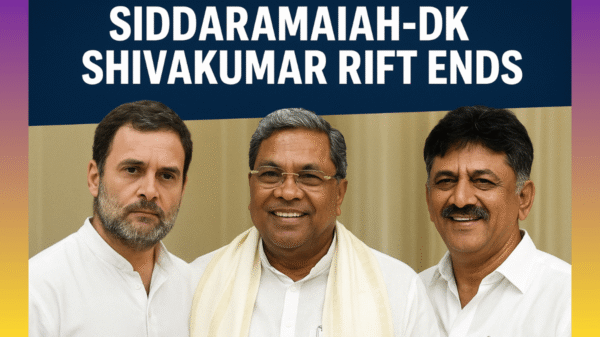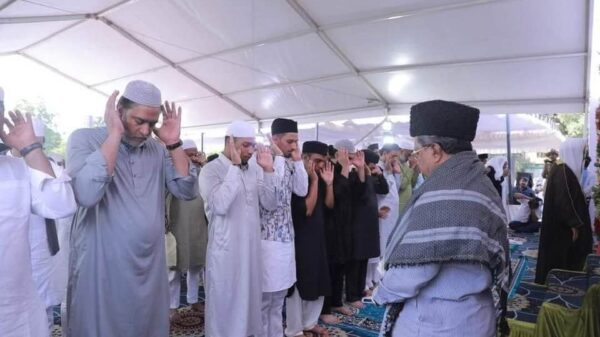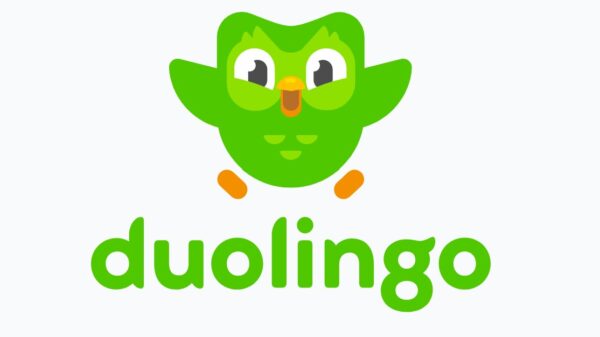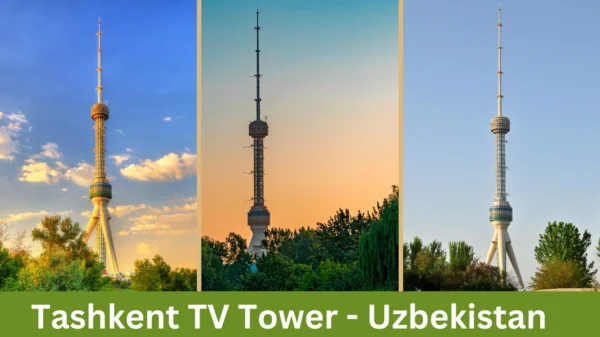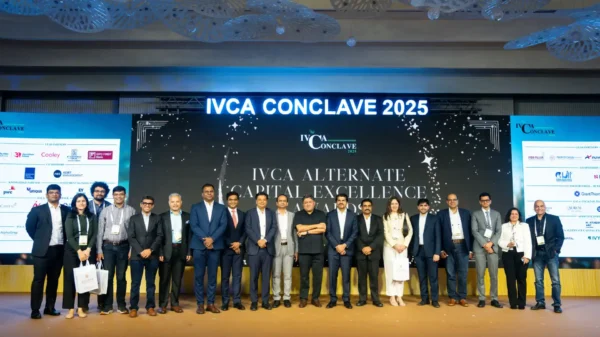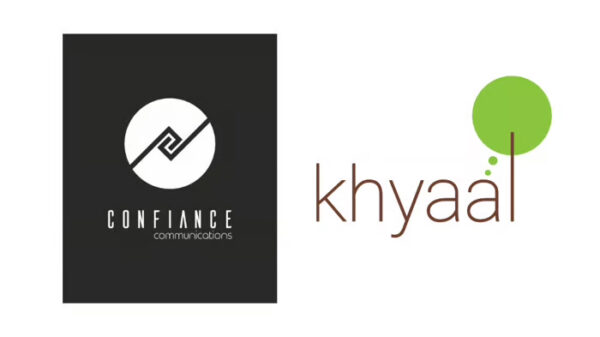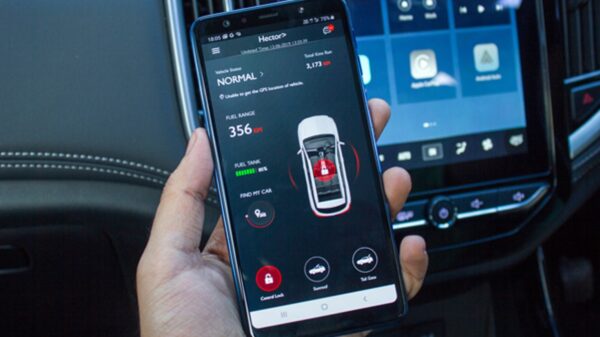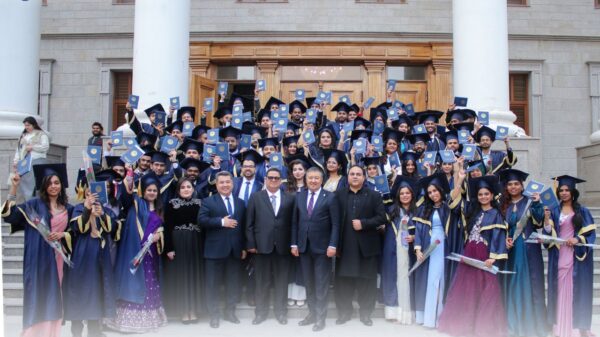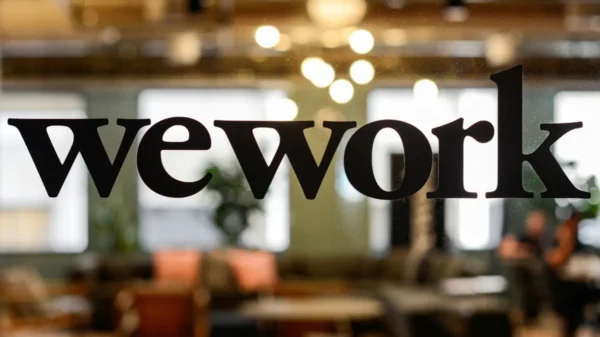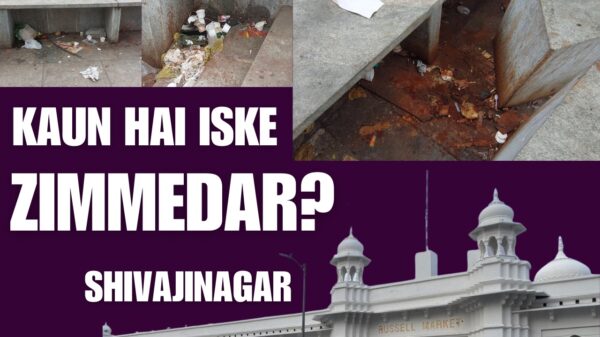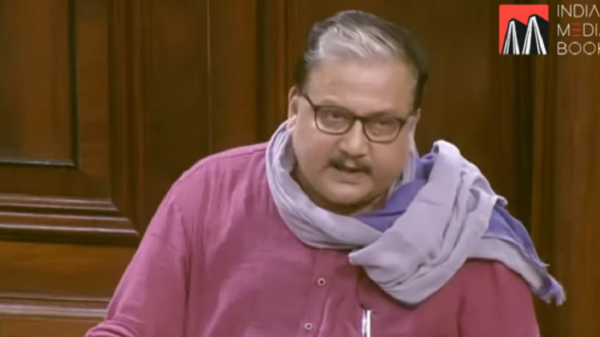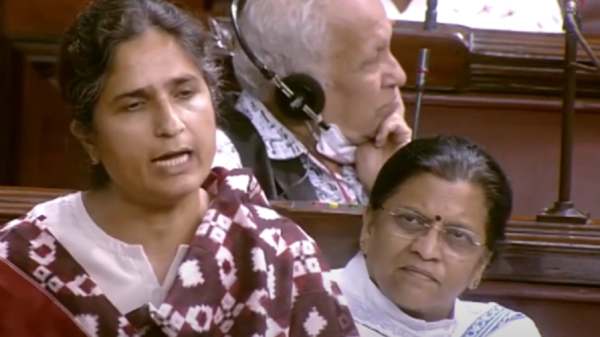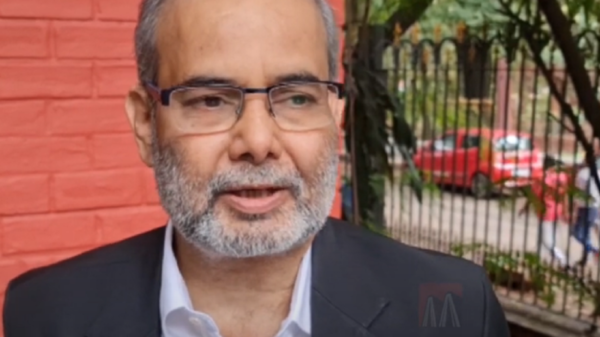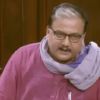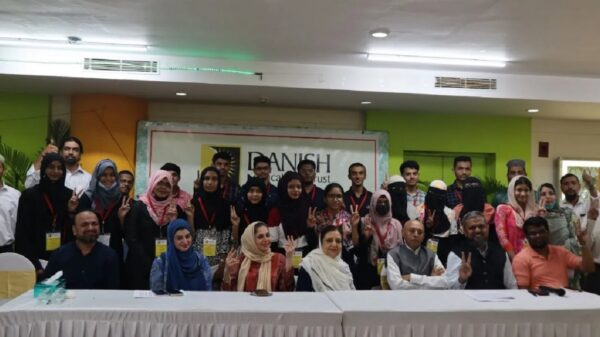As the proliferation of disinformation on social media platforms has given rise to a new breed of fact checkers, their efforts may not be enough to counter the impact of fake news during the course of the general election.
Face-checking website Alt News, for example, recently checked the authenticity of a letter notifying people to abstain from using Facebook, Twitter, WhatsApp and Instagram to share political propaganda posts before the 2019 elections.
Circulated under the name of “Crime Prevention Council of India”, many users assumed that it was a government order.
Alt News found that Crime Prevention Council of India was actually a non-governmental organisation which said it did not issue the notice.
Will the corrected fact reach as many people as the the original notice which was shared by social media users thinking that it was a government order?
The answer is a clear “no” as research suggests that people are more willing to share fake news than accurate news – a major factor that helps disinformation spread faster, deeper.
“We do not have as much reach as social media platforms have. This is one reason why less people get to know whether the information they consumed was true or false even after our fact checking,” agreed Govindraj Ethiraj, Founder, BOOM, which has collaborated with Facebook, Google and Twitter, among others, to fight misinformation.
“Even though we are constrained by the reach, as a fact checking platform, we hope to play an important role in fighting fake news during the general election. Our workload is steadily increasing since the 2018 Karnataka Legislative Assembly election,” Ethiraj told IANS.
Several social media platforms including Facebook, Twitter and China-based TikTok are collaborating with third-party fact checkers – mainly to ensure that disinformation shared on their platforms do not lead to real world harm or physical injury to people.
Facebook, for example, is working with seven partners in India — India Today Group, Vishvas.news, Factly, Newsmobile, Fact Crescendo and AFP, besides BOOM – which review news stories on Facebook for facts, and rate their accuracy.
Ethiraj, however, pointed out that even though fact checkers have not been able to curb the menace of fake news on social media platforms, they have been greatly successful in reducing spread of fake news by influencers.
“Celebrities or those with large following on social media will now think twice before posting false information or sharing them. There is now a fear that the information will be verified,” he said.
But social media is not just about influencers.
With almost all political parties now prepared to use these platforms to influence voters – unlike in the 2014 general election when only the Bharatiya Janata party (BJP) had a vital presence on social media – users with average number of followers and affiliates of political parties are likely to bombard the space with propaganda material.
IANS


